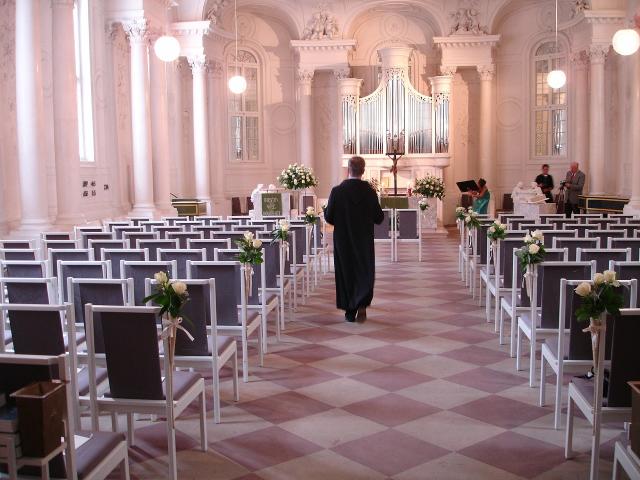
Rituals have long been an integral part of human societies, serving as a bridge between the mundane and the sacred. These symbolic actions, often performed in a prescribed manner, hold deep significance within religious traditions across the globe. From lighting candles to elaborate ceremonies, rituals play a central role in connecting individuals with the divine, fostering a sense of community, and providing a framework for understanding the mysteries of existence. In this exploration, we delve into the diverse roles that rituals play in various religious traditions.
A Tapestry of Beliefs and Practices
The world is a rich tapestry of religious beliefs, each with its own unique rituals. Hinduism, one of the oldest religions, is woven with intricate rituals that reflect its multifaceted cosmology. The daily practice of puja, involving the offering of flowers, incense, and prayers to deities, exemplifies the connection between the physical and the spiritual in Hinduism. These rituals not only establish a connection with the divine but also provide a structure for individuals to express gratitude, seek guidance, and find solace.
In contrast, Buddhism, born from the teachings of Siddhartha Gautama, emphasizes the inner journey. Meditation, a core practice in Buddhism, is a ritual that cultivates mindfulness and self-awareness. While Buddhist rituals might not involve grand ceremonies, they hold profound importance in guiding practitioners toward enlightenment and a deeper understanding of the self.
Bridging the Gap Between Mortal and Divine
Rituals often serve as a means of bridging the perceived gap between mortal humans and divine beings. In Christianity, a faith with a global following, the Eucharist stands as a central ritual. The act of consuming bread and wine, symbolizing the body and blood of Christ, creates a tangible connection between believers and their Savior. This ritual not only commemorates a historical event but also reinforces the spiritual bond between individuals and their faith.
Islam, too, is characterized by its distinctive rituals, the most prominent being the Five Pillars of Islam. Salat, the ritual prayer performed five times a day, serves as a direct line of communication between Muslims and Allah. This ritualistic practice instills a sense of discipline, humility, and devotion, binding the community of believers together regardless of geographical boundaries.
Passage of Time and Life
Rituals often mark significant moments in the human experience, from birth to death. In Judaism, the Bar Mitzvah and Bat Mitzvah ceremonies signify a coming of age, where young individuals assume the responsibilities of adulthood within the community. These rituals not only celebrate personal growth but also reinforce a sense of belonging and continuity within the Jewish tradition.
Similarly, in Hinduism, the rituals associated with birth, marriage, and death are intricate and elaborate. The sacrament of marriage, for instance, involves a series of rituals that signify the union of two souls beyond the physical realm. These rituals not only unite individuals in matrimony but also connect them to the sacred cycles of life.
The Rhythm of the Seasons
Many religious traditions are deeply connected to the rhythms of the natural world, and their rituals reflect this profound bond. In indigenous cultures, such as those of Native Americans, rituals often revolve around the changing seasons, harvests, and celestial events. These rituals honor the earth’s abundance and reinforce the interconnectedness of all living beings.

In Paganism, modern practitioners draw inspiration from ancient rituals that celebrate equinoxes, solstices, and other celestial occurrences. These rituals, often held outdoors, emphasize the cyclical nature of existence and the harmony between humanity and the natural world.
Rituals in the Modern World
In today’s rapidly changing world, rituals continue to evolve, maintaining their relevance while adapting to contemporary circumstances. Online communities have sprung up, enabling individuals to participate in virtual rituals that transcend geographical barriers. Digital candles are lit, prayers are typed, and moments of collective reflection are shared, exemplifying the enduring power of rituals to foster connection and meaning. For further help, tips, and advice about rituals in various religious traditions, be sure to visit Bible Keeper for more info.
The Universal Thread
Across continents and cultures, the thread that binds rituals in various religious traditions is the human quest for meaning, connection, and transcendence. Whether elaborate ceremonies or simple acts of devotion, rituals provide a framework for navigating the complexities of existence, offering a sense of continuity in an ever-changing world. As we explore the diverse tapestry of rituals, we find that, at their core, they are a testament to the human spirit’s yearning for the divine and the eternal.




